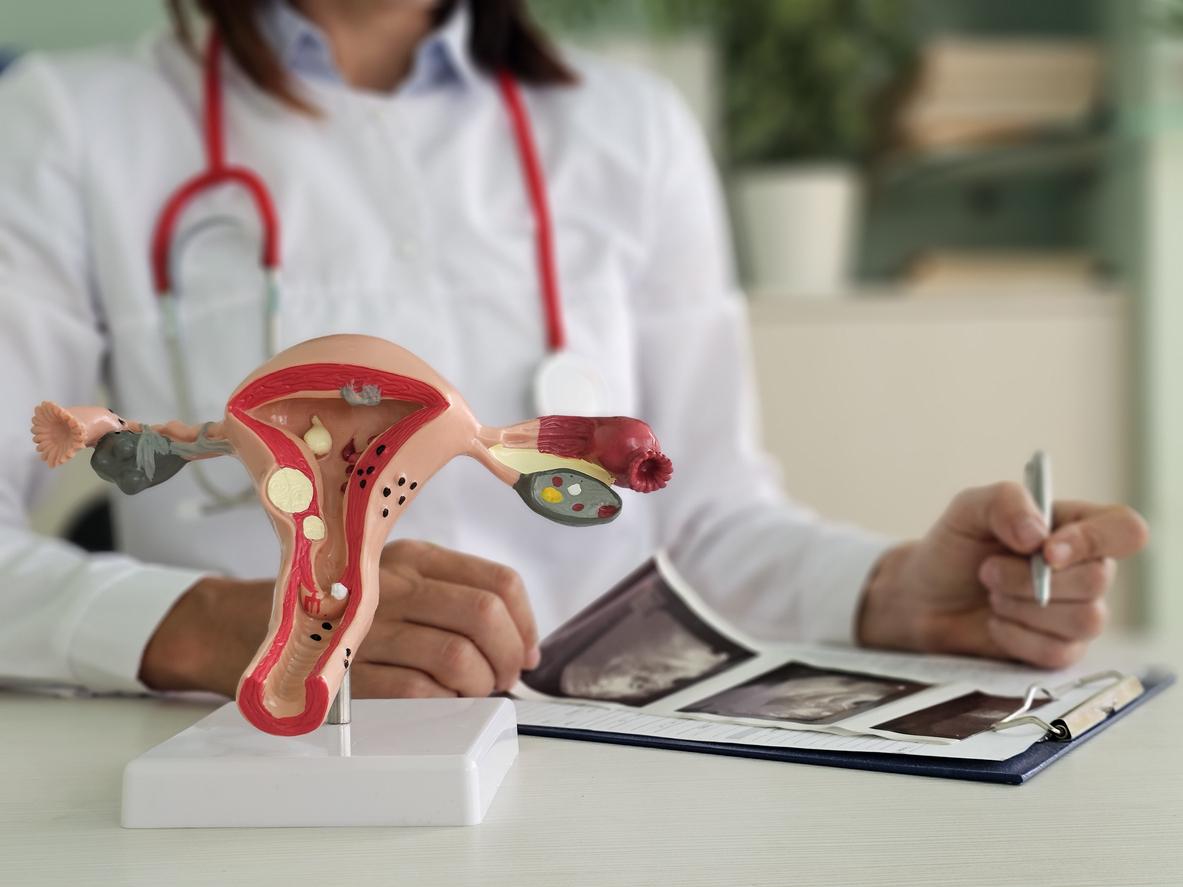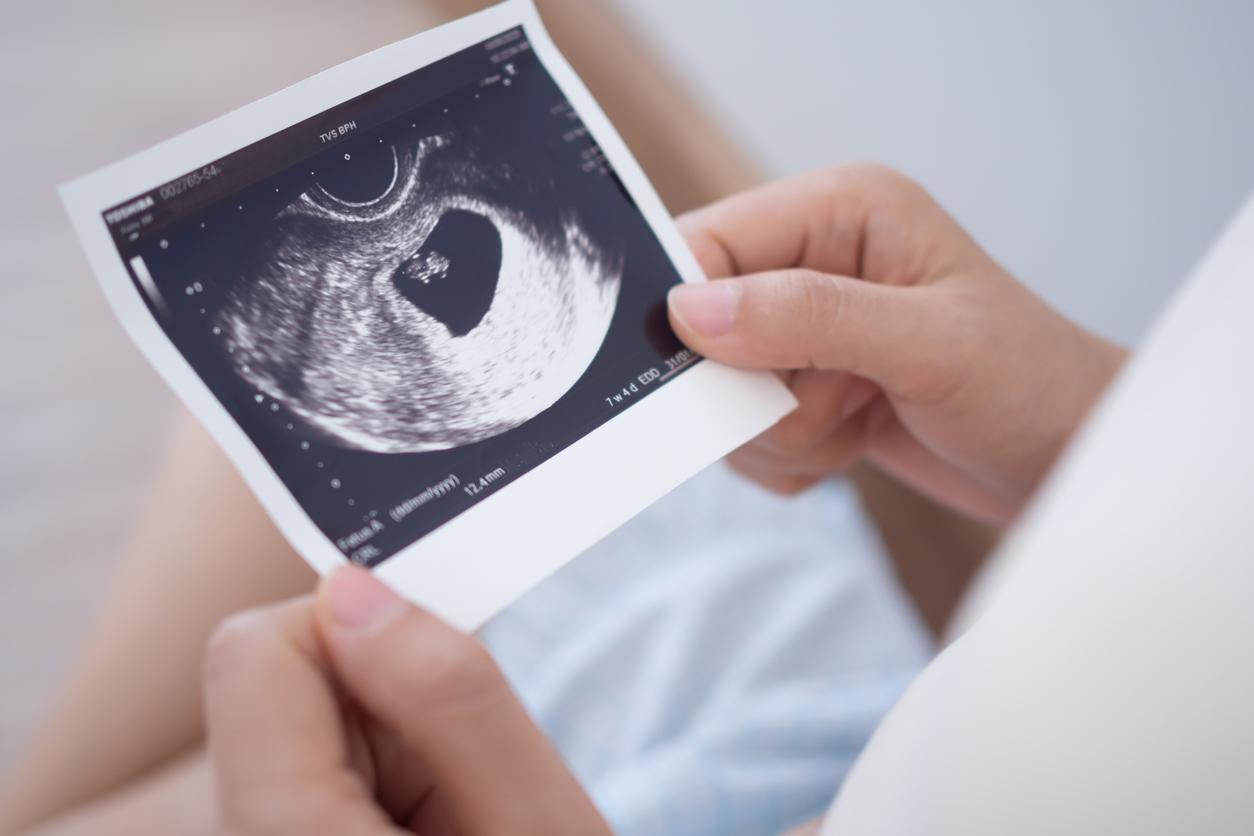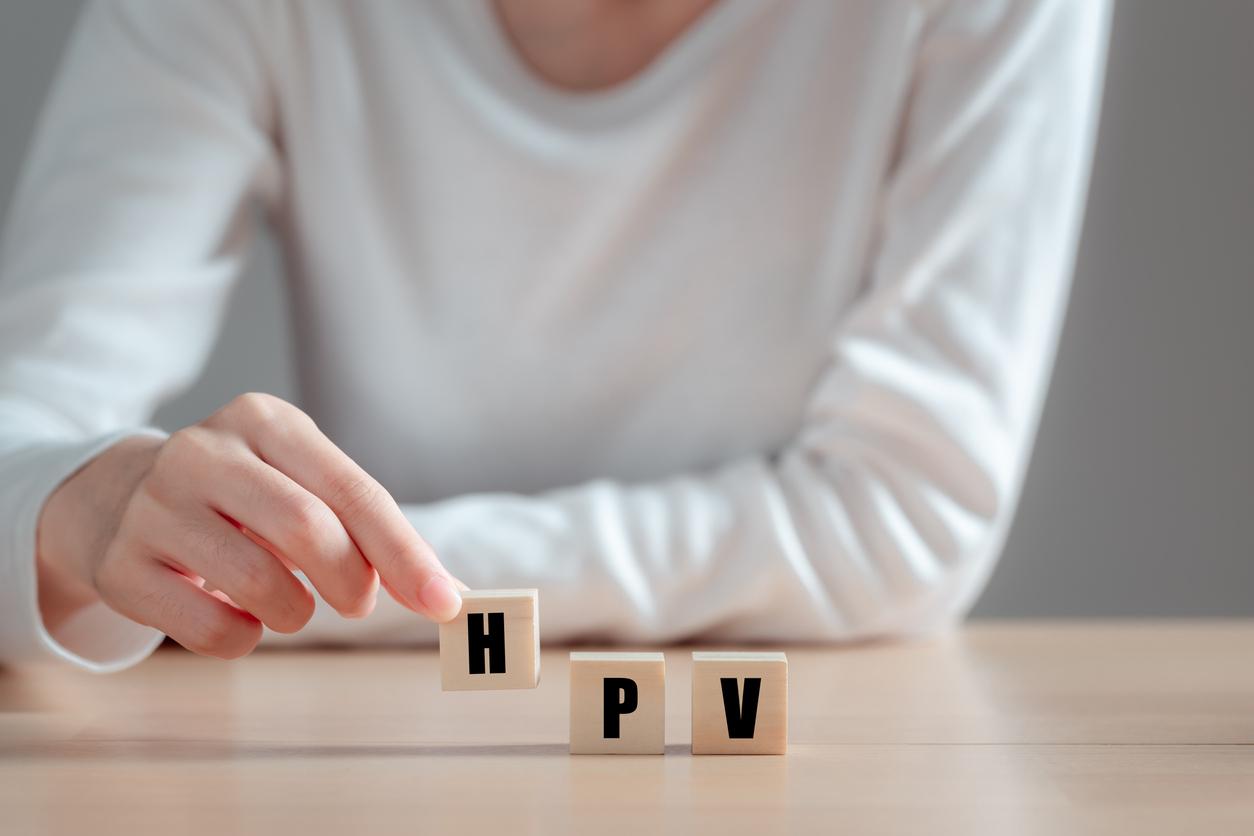Two fertility markers are reduced by taking the pill. But this is not surprising and the situation is temporary, underlines Dr Christian Jamin, gynecologist and endocrinologist.

The pill temporarily reduces two markers of fertility. This is what concludes a study presented on June 30 at the congress of the European Society for Human Reproduction and Embryology (ESHRE) held in Munich (Germany). A team from the University Hospital of Copenhagen (Denmark) measured the fertility of 830 women concerned about this subject.
” That’s not a scoop “
To measure a woman’s fertility, her “ovarian reserve” is assessed using two markers: the levels of Müllerian regression hormone (AMH), which controls the development of follicles into oocytes, and the number of follicles. not yet developed (antral follicles). In this study, women who took the pill had 19% lower AMH levels and 16% lower antral follicles than those who did not. “We were surprised by the quantifiable effect on the parameters of the ovarian reserve,” said Dr Kathrine Birch Petersen during her presentation.
In fact, there is nothing abnormal or worrying about such results, believes Dr. Christian Jamin, gynecologist and endocrinologist contacted by why actor. By reducing AMH, the pill simply performs its function. Oral contraceptives put the pituitary gland at rest. This gland is precisely involved in the functioning of the ovaries.
Listen to Dr Christian Jamin, gynecologist and endocrinologist in Paris: “ Studies have shown that the pill reduced AMH by about 20%, which is found here. This is not a scoop and this study confirms what we have known for a long time. “
80% of pregnant women one year after quitting
In 2009, a study of 60,000 women who took the pill showed that after just one menstrual cycle, 2 out of 10 women were pregnant. At one year, they were four times more. The epidemiology is also clear, insists Dr. Jamin: the pill is not associated with reduced fertility. “To my knowledge, there has never been a difference between women who take the pill and those who don’t. “The Danish researcher does not evoke a permanent effect of oral contraception on fertility either:” We do not think that the pill changes the ovaries permanently “, underlines Dr. Birch Petersen. “It is unlikely to change the basic biology of the ovaries, but it does change the appearance of the ovaries, and the secretion of AMH. “
Finally, if women have more difficulty conceiving after taking the pill, it is often because they are older. “The longer you take the pill, the older you are, so the harder it is to get pregnant”, analyzes Dr Jamin. But it is not because we took the pill for a long time. It’s because we’ve waited too long to try to have a child. “
.
















